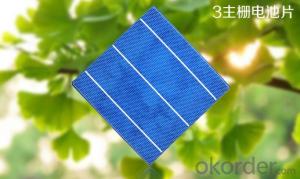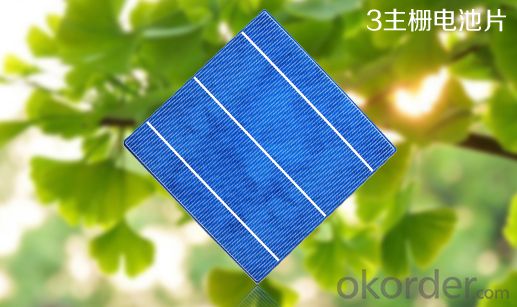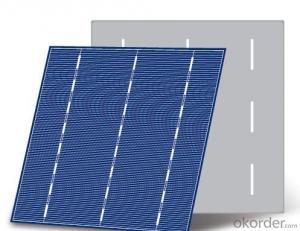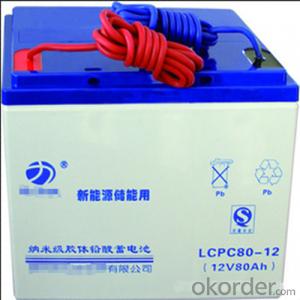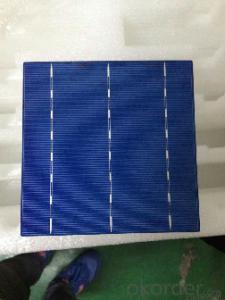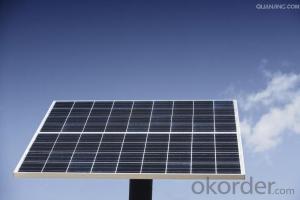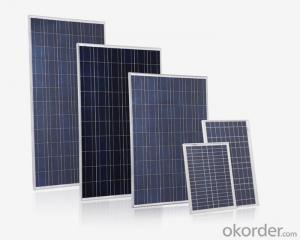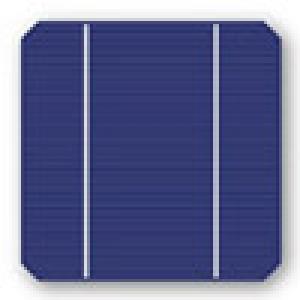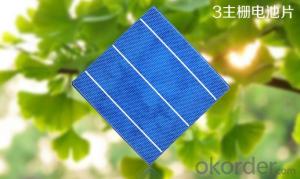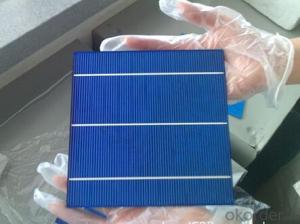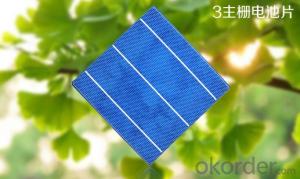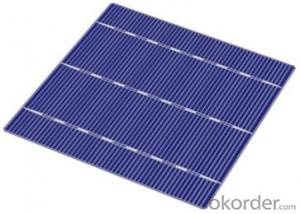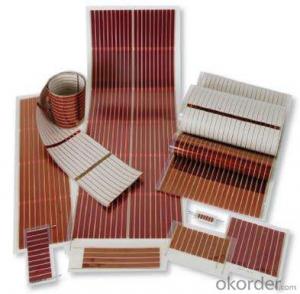Underwater Solar Cells PV Poly 3BB Line Cells
- Loading Port:
- China Main Port
- Payment Terms:
- TT OR LC
- Min Order Qty:
- -
- Supply Capability:
- -
OKorder Service Pledge
OKorder Financial Service
You Might Also Like
Our solar has series of world's leading PV production equipments, including German RENA’s ultrasonic cleaning machine, USA TVSTAR’s return tube diffusion furnace, German Centro therm’s PECVD equipment and Italy BACCINI’s silk screen printing machine,etc. First class equipments and optimizing configuration, makes the high quality. We’ve already got ISO9001-2008 international quality system certification, TUV, CE, UL, ISO14001:2004, OHSAS18001:2007 and my other international certifications. We are strictly accordance with the quality management system and management process operation, ensusre the control quality target coverage every process.
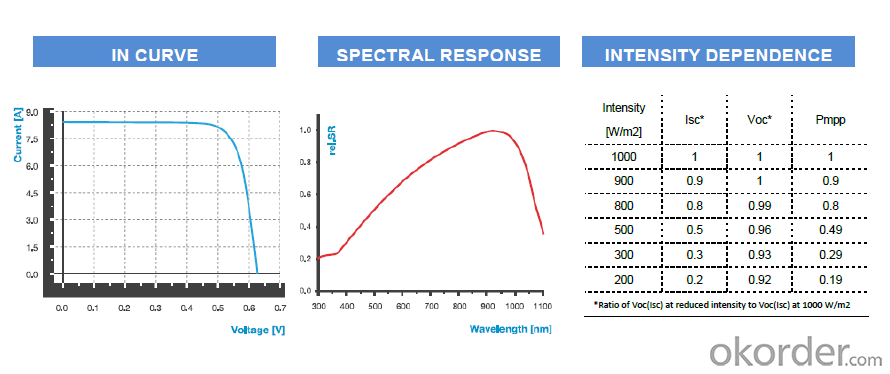
- Q: Can solar cells be used for outdoor lighting?
- Yes, solar cells can definitely be used for outdoor lighting. Solar-powered outdoor lighting systems are a popular and eco-friendly alternative to traditional electric lighting. They harness sunlight during the day to charge their batteries, which then powers the lights during the night. This allows for sustainable and cost-effective illumination for various outdoor applications such as gardens, pathways, and street lighting.
- Q: Can solar cells be used in mobile devices?
- Yes, solar cells can be used in mobile devices. In fact, many modern smartphones and tablets are equipped with solar panels or have the capability to be charged using solar energy. This allows for increased energy efficiency and convenience, especially when used in outdoor or remote locations.
- Q: What is the maximum efficiency possible for a solar cell?
- The maximum efficiency possible for a solar cell, based on current technology, is around 44%.
- Q: Can solar cells be used in military applications?
- Yes, solar cells can be used in military applications. They have various applications in the military, including powering remote surveillance systems, communication equipment, and providing electricity to field operations in remote areas. Solar cells offer a reliable and sustainable source of energy, reducing the reliance on traditional fuel sources and enhancing the operational efficiency of military units. Additionally, solar technology can be integrated into portable and lightweight systems, improving mobility and reducing the logistical burden for military personnel.
- Q: How do solar cells perform in different temperature ranges?
- Solar cells generally perform less efficiently at high temperatures. This is because the increase in temperature can lead to an increase in electron-hole recombination, reducing the overall photoelectric conversion efficiency. On the other hand, solar cells can also experience a decrease in performance at extremely low temperatures, although this effect is usually less significant. Overall, the efficiency of solar cells varies with temperature, with a decline at high temperatures and a smaller impact at low temperatures.
- Q: What is the impact of solar cells on job creation?
- Solar cells have had a significant positive impact on job creation, both in the manufacturing and installation sectors. The growing demand for renewable energy has led to a surge in solar cell production, creating new manufacturing jobs and stimulating economic growth. Additionally, the installation and maintenance of solar panels have created numerous job opportunities, especially in the construction and engineering industries. As the solar industry continues to expand, it is expected to further contribute to job creation and foster a sustainable and green economy.
- Q: Can solar cells be used for powering remote sensing devices?
- Yes, solar cells can be used to power remote sensing devices. Solar cells convert sunlight into electricity, which can then be used to power various electronic devices, including remote sensing devices. This renewable energy source is particularly advantageous for remote sensing applications as it eliminates the need for traditional power sources and allows for greater flexibility and portability in remote locations.
- Q: Can solar cells be used on rooftops with different orientations?
- Yes, solar cells can be used on rooftops with different orientations. While the ideal orientation for maximum energy production is typically south-facing, solar panels can still generate electricity when facing east, west, or even north. However, the energy output may vary depending on the orientation, so it's important to consider factors like shading and angle adjustments to optimize their performance.
- Q: Can solar cells be used in cold climates?
- Yes, solar cells can be used in cold climates. In fact, solar panels actually work more efficiently in colder temperatures. However, it is important to note that the amount of sunlight available during winter months may be reduced, which can affect the overall energy output. Nonetheless, with proper installation and maintenance, solar cells can still be a viable and sustainable source of energy in cold climates.
- Q: Can solar cells be used for powering satellites?
- Yes, solar cells can be used for powering satellites. In fact, they are one of the most common and efficient methods of generating electricity in space. Solar cells convert sunlight directly into electricity, which is then used to power various systems and instruments onboard a satellite.
Send your message to us
Underwater Solar Cells PV Poly 3BB Line Cells
- Loading Port:
- China Main Port
- Payment Terms:
- TT OR LC
- Min Order Qty:
- -
- Supply Capability:
- -
OKorder Service Pledge
OKorder Financial Service
Similar products
Hot products
Hot Searches
Related keywords
